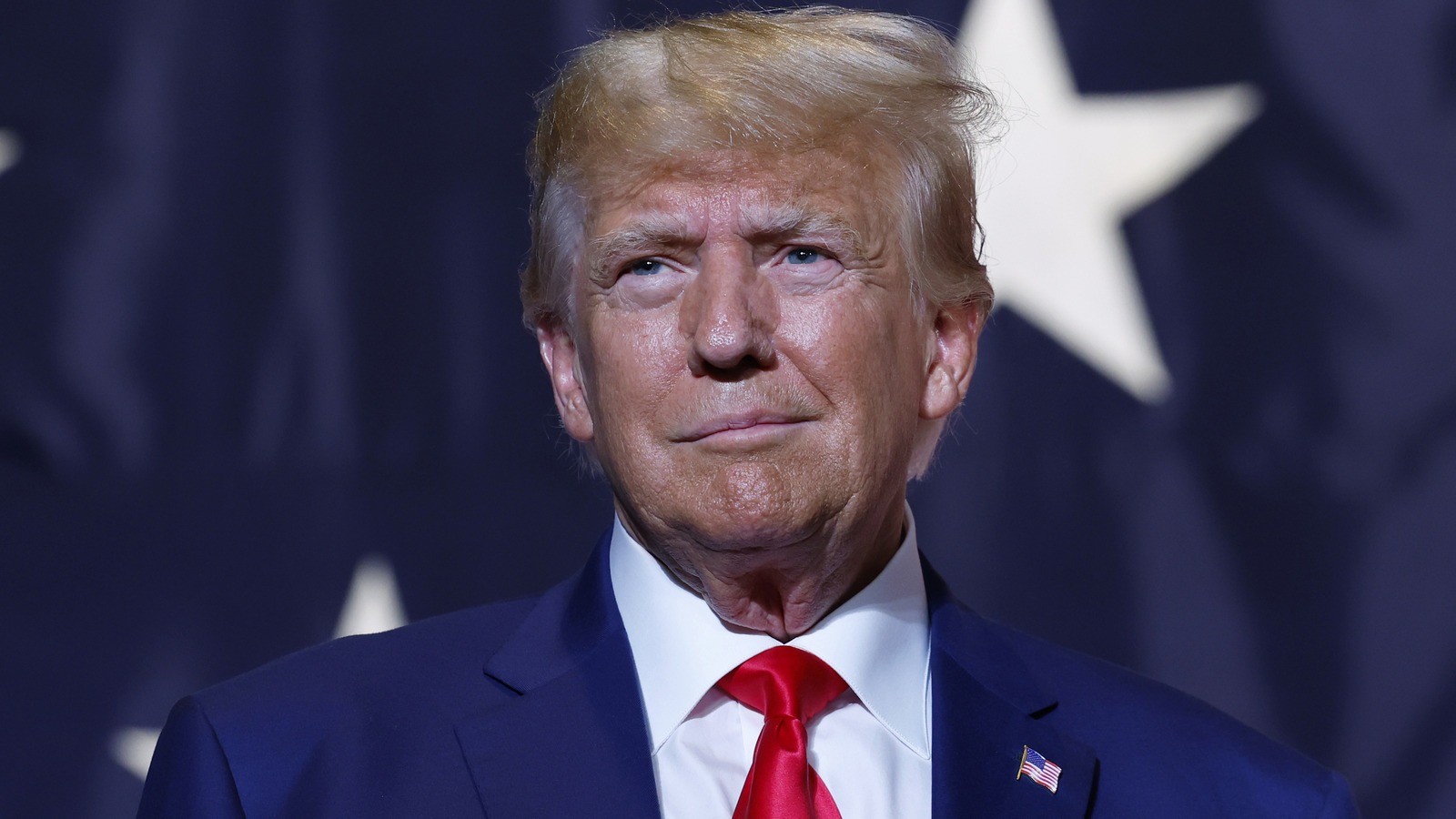
‘Surviving R. Kelly’ Producer Dream Hampton Talks R. Kelly Sentencing, #MeToo “Blowback” and Her Hopes for Future Legal Action
Dream Hampton, executive producer of Surviving R. Kelly, may not hold much stock in the U.S. criminal justice system, but still hopes R. Kelly being sentenced to 30 years in prison will bring some closure for survivors of his sexual abuse and predation.
“I’m hoping, for the survivors, that this feels a little bit like justice,” Hampton tells The Hollywood Reporter. R. Kelly was sentenced Wednesday to 30 years in prison for using his fame to sexually abuse young fans in a systematic scheme that spanned decades.
The sentence caps a slow-motion fall for Kelly, which was accelerated due to Hampton’s Emmy-nominated Lifetime miniseries Surviving R. Kelly breaking ratings records and setting in motion criminal investigations that resulted in the the R&B singer being convicted of racketeering and sex trafficking.
Related Stories
Hampton, who executive produced Surviving R. Kelly with Brie Miranda Bryant and Tamra Simmons, says her thoughts post-sentencing have been around the value of an apology from Kelly that never came this week.
“I just think about the culture and how important it would have been if he would have owned the harm he created and apologized,” she says.
Hampton says Kelly deserved the 30-year sentence, but adds that she doesn’t believe the U.S. prison system is a place for rehabilitation or restorative justice for victims and survivors.
“I think this is an incredibly broken justice system,” Hampton says. “In the world where I’ve lived most of my life, in America as a Black person, I don’t always look to this criminal justice system for actual justice.”
The #MeToo movement helped bring Kelly down, but Hampton says an apology from Kelly would have had increased value now that the cause for gender equality is facing a stiff backlash. “What an apology would mean in this moment, where we are firmly and clearly in the blowback stage of the #MeToo movement and where, as Black people, we’re navigating all of the compounded issues that racism always creates in this country, it would mean a lot,” Hampton says.
An apology from Kelly could also allow the convicted R&B singer to begin a healing process after revelations of his own sexual abuse as a child, according to Hampton. “It would mean so much, as R. Kelly, as his attorney invoked at the sentencing, that he himself was a victim. I believe that. We put that in the documentary. I don’t think it’s a minor fact. We know that not all abused people grow up to be abusers, but almost all people that abused were abused,” Hampton says.
“It would have meant the world. I’m sure he needs to have that moment of restorative justice in his family, and had he offered that, it would have meant a way forward for people locked in cycles of sexual abuse. It would been enormous for a movement that is about gender violence, if he had owned the harm,” she adds.
Hampton believes Kelly, despite his animated protestations during an infamous CBS interview with Gayle King, is capable of owning up to the harm he did to those who survived his sexual abuse. “R. Kelly employed a lot of strategy. He had women write false confessions. He had a whole operation that indicated that he was very aware that, not only what he was doing was wrong, but that he was committing crimes,” the veteran producer says.
Kelly still faces child pornography and obstruction-of-justice charges in Chicago, where a trial is scheduled to begin Aug. 15. Hampton sees the upcoming Chicago trial, if it goes ahead in the absence of a plea agreement, possibly encompassing more of the racketeering behind Kelly’s sex trafficking, and that his network of co-conspirators may be drawn out of the shadows.
“One of the things that didn’t happen in the Brooklyn court was that we never really did see people who enabled and made this a real operation of predation,” she says. We didn’t get to see his system builders in court. They didn’t really face any charges. It would be something like justice to see people who made this a real operation have to stand for that.”
She also sounds torn on the issue of whether streaming services like Spotify and Apple Music should take Kelly’s music off of their platforms. Instead, she settled on separating abusive artists from their art.
“There are so many artists who are guilty of so much abuse… I’m not necessarily someone who throws away the art,” Hampton reasons. She points out that she continues to visit the Picasso Museum in Antibes, France, even though the legendary Spanish artist “rearranged the psyche and the lives and abused women, as a matter of his daily practice.”
Hampton also continues to listen to the music of Miles Davis, even though he admitted in his autobiography to abusing people he knew. She added her backing for the #MuteRKelly movement that aimed to end financial support for the R&B singer’s career, including boycotting his concerts, given the significant financial proceeds that enabled Kelly to fund his predation.
At the same time, Hampton says Kelly’s earnings from his music on streaming platforms has been minor, and she believes Spotify making it easier to mute R. Kelly with a “don’t play this artist” button proved ineffective.
“They never truly got rid of him,” she says. “They just took him off their mix.”












































































